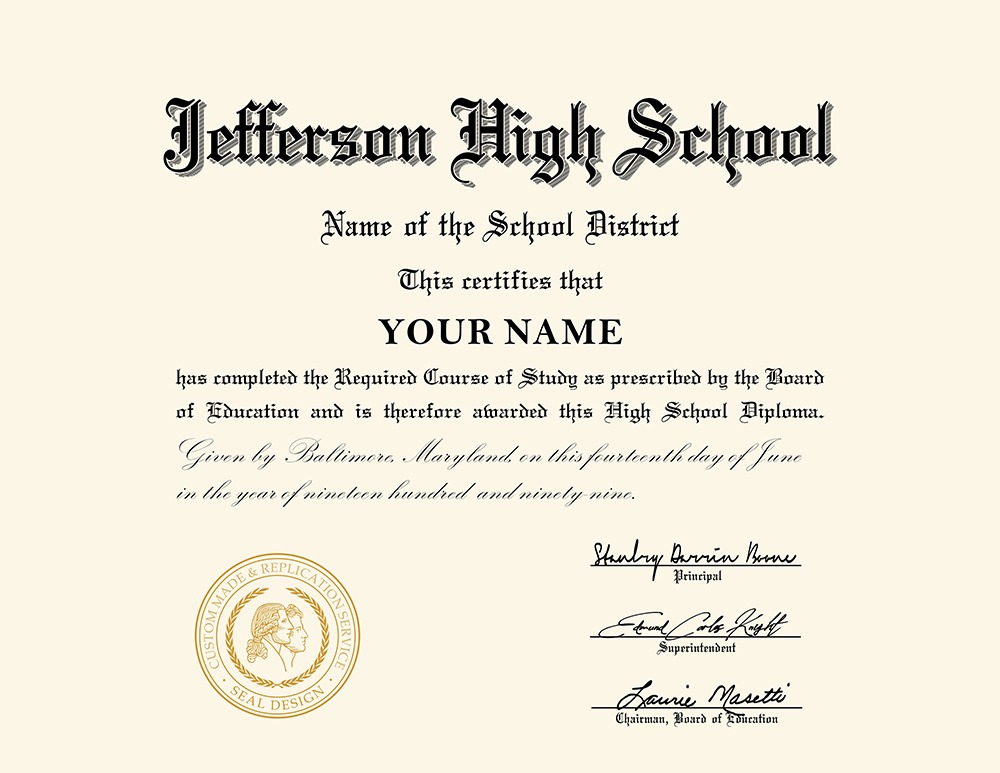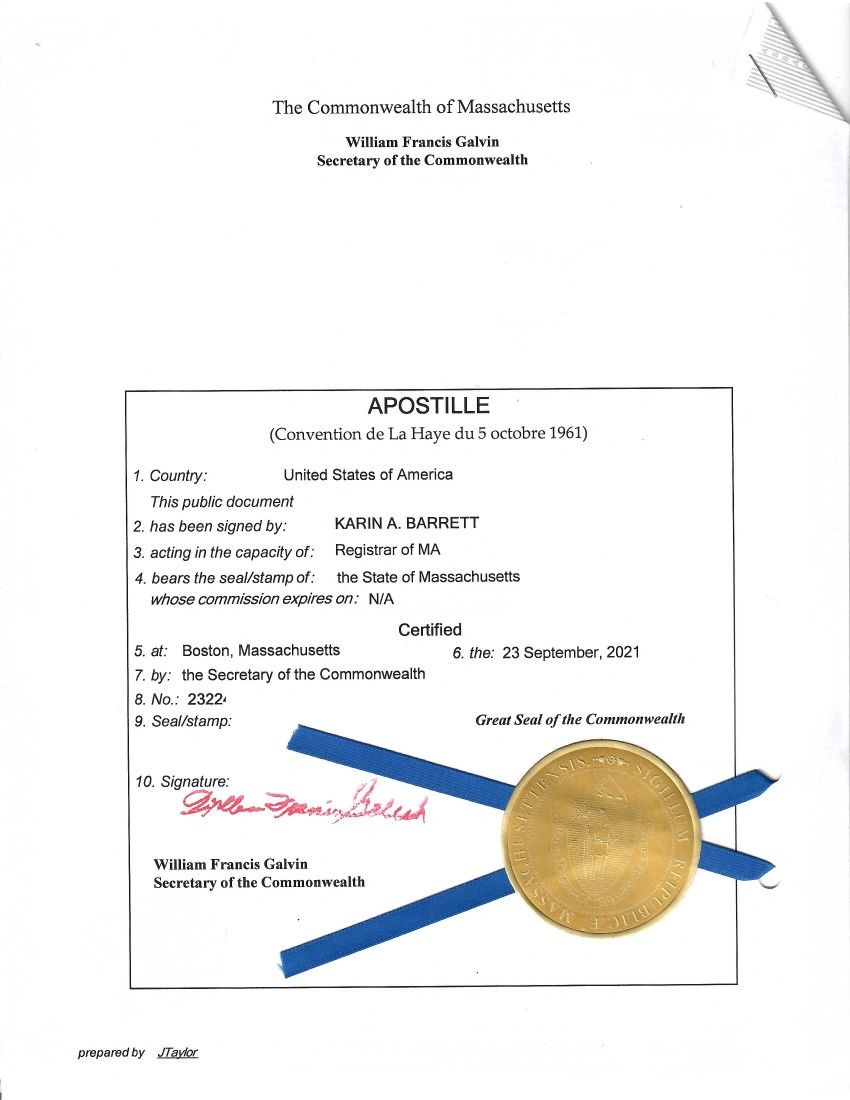Economical Houston TX Apostille Solutions-- Licensed File Professionals
Economical Houston TX Apostille Solutions-- Licensed File Professionals
Blog Article
Recognizing the Apostille Refine: A Comprehensive Overview to International Document Authentication
Navigating the complex landscape of worldwide document verification can be discouraging without a clear understanding of the apostille procedure. What specifically specifies an apostille, and why is it so critical for documents predestined for Hague Convention nations?
What Is an Apostille?
An apostille is an official qualification that verifies the authenticity of a record for use in an additional nation. This certification, issued by an assigned authority in the country where the record came from, guarantees that the document is acknowledged as legitimate and genuine in the international arena. The process of getting an apostille involves a number of steps, consisting of the confirmation of the paper's trademarks, seals, and stamps by proper governmental bodies.
The apostille functions as a worldwide recognized kind of verification, made possible by the Hague Convention of 1961. This treaty, formally referred to as the Hague Convention Abolishing the Need of Legalisation for Foreign Public Papers, standardizes the procedure of paper certification amongst member nations. The apostille itself is a standardized certification which contains particular details, such as the providing authority, the country of beginning, and the date of issuance.
It is necessary to note that not all records are eligible for an apostille. Typically, public papers like copyright, marriage licenses, court orders, and instructional diplomas get approved for this certification. Exclusive documents, such as agreements and contracts, might need registration and added steps to qualify.
Significance of Apostille
Understanding what an apostille is sets the phase for appreciating its relevance in international negotiations. houston tx apostille. An apostille, basically a form of qualification issued by an assigned authority, confirms the authenticity of a paper for usage in foreign countries that are signatures to the Hague Apostille Convention. This standard process gets rid of the demand for more legalization by embassies or consular offices, therefore improving worldwide purchases
It makes certain the credibility and acceptance of important files-- such as copyright, marriage licenses, and educational diplomas-- across boundaries. For organizations, it promotes the smooth conduct of global profession, mergers, and purchases by offering a trusted method of record confirmation.
In addition, an apostille improves lawful safety and compliance. Federal governments and organizations can with confidence depend on the authenticity of files birthing an apostille, reducing the threat of scams and misrepresentation.
Papers That Require Apostille
When participating in global transactions or legal issues, specific files usually necessitate the verification given by an apostille. This ensures their recognition and approval in nations that are signatures to the Hague Apostille Convention. Generally, personal records such as birth certifications, marriage certifications, and fatality certifications call for an apostille, especially when they are utilized for processes like migration, marital relationship abroad, or global probate matters.
Educational files are one more group regularly requiring apostilles. Diplomas, transcripts, and academic records commonly require this verification for purposes such as pursuing further education, employment, or expert licensing in a foreign country (houston tx apostille). This step ensures that the papers are acknowledged as legit and legitimate
Lawful records, consisting of powers of lawyer, affidavits, and court orders, also typically require apostilles. Company files such as certificates of incorporation, bylaws, and industrial agreements may require an apostille to assist in worldwide trade, develop foreign branches, or take part in cross-border legal proceedings.
Steps to Get an Apostille

Getting an apostille entails a multi-step procedure that makes certain the credibility and acceptance of your files in foreign countries. The first action is determining which files need an apostille. houston tx apostille. Homepage Common records consist of copyright, marriage licenses, scholastic records, and business documents
Once recognized, the paper should be certified by the ideal releasing authority. This may involve registration by a notary public or verification by a local or state authorities, depending upon the type of record. After accreditation, the file needs to be sent to the designated Competent Authority in the record's country of beginning. In the United States, as an example, this is normally the Secretary of State's workplace for every state.
The entry sites process generally requires a finished application, the initial document, and a charge. Some territories may use the option of expedited processing for an added fee. Upon effective confirmation, the Competent Authority will attach the apostille certification to the file, consequently confirming its authenticity.
Usual Challenges and Solutions
Navigating the apostille procedure can offer several typical obstacles that, if not properly attended to, may postpone or complicate record verification. One frequent problem is the entry of incorrect or insufficient records. Each country has particular demands for the kinds of files that can be apostilled, and any kind of deviation from these can result in being rejected. Making certain that all documents are accurate and complete before submission is vital.
Another typical difficulty is comprehending the different processing times. Processing times can differ considerably in between nations and also in between different regions within the very same country. It is important to represent these variations when planning the apostille procedure to stay clear of unforeseen delays.
Furthermore, language barriers can pose significant barriers. Records in an international language commonly need licensed translations, and any inaccuracies in translation can lead to more difficulties. Involving an expert translation service can reduce this risk.

Conclusion
Understanding the apostille procedure substantially improves the efficiency of international document why not try this out verification. By comprehending the necessity of recognizing and accrediting required records, and navigating the submission to the Competent Authority, the procedure comes to be more convenient. Awareness of usual challenges, such as insufficient entries and language barriers, further help in stopping potential hold-ups. Guaranteeing records are appropriately apostilled facilitates their approval in Hague Convention signatory countries, consequently supporting smooth international lawful and management procedures.
Report this page